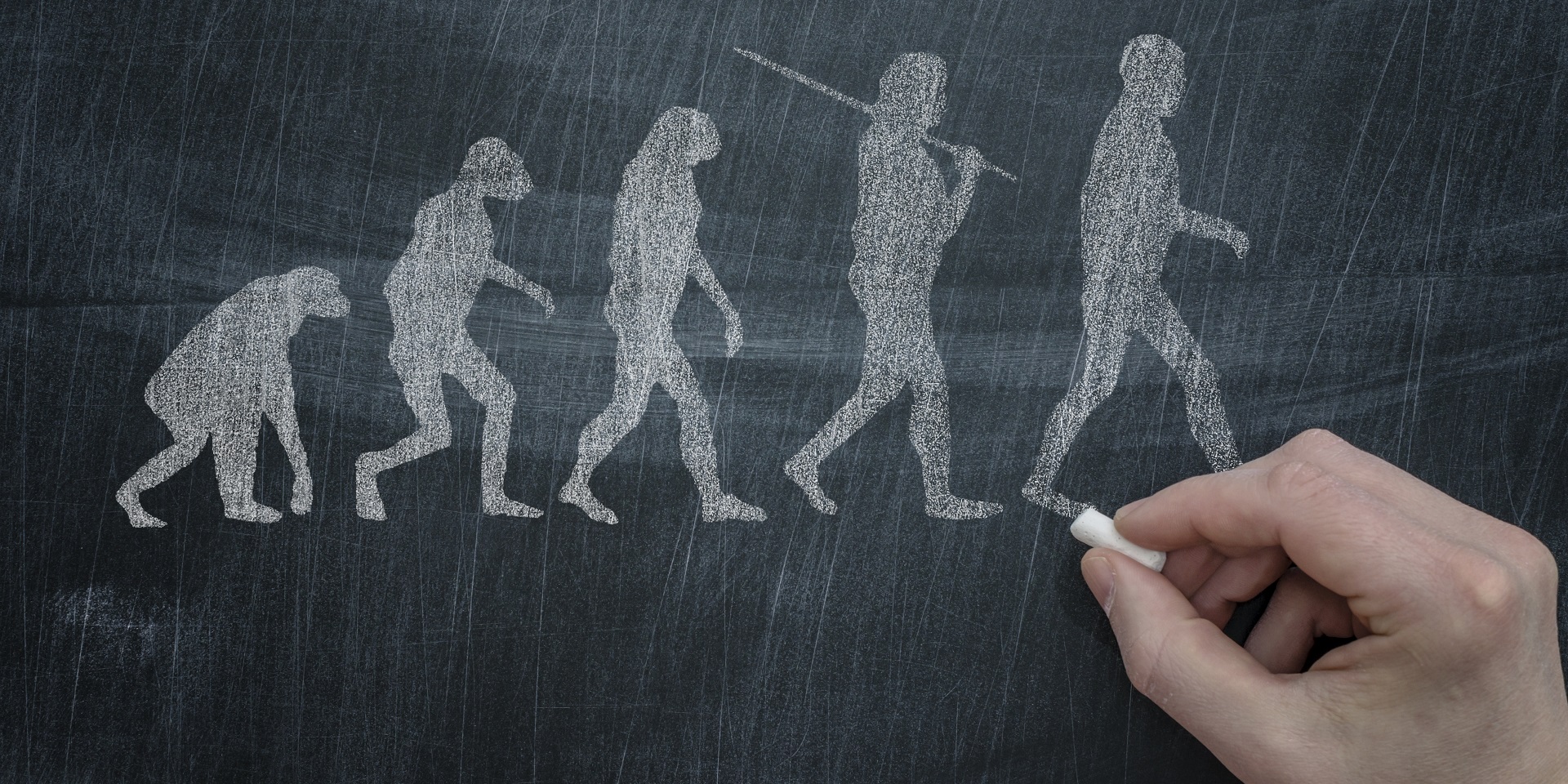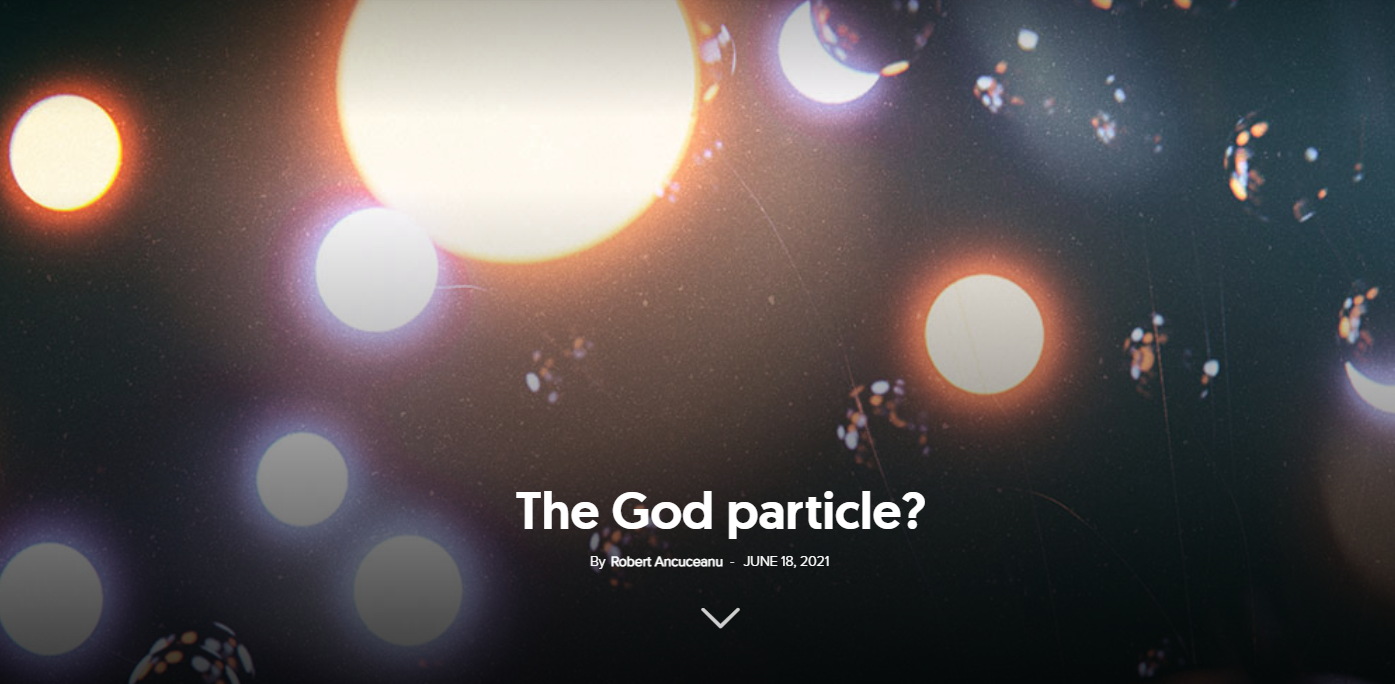Atheist evolutionists accuse Christians of offering explanations that blame everything on God when they have no other answer. In other words, God has become a pretext for ignorance. Without denying the fact that sometimes this is true, reality also has other facets.
For instance, while Christians choose to believe in the existence of God and His involvement in the origin of the Universe, atheist evolutionists have chosen to eliminate God’s involvement in the history of origins. It is clear that problems exist on both sides: just as the inability of a Christian to accept the scientific approach does not invalidate its existence or its results, equally the inability of an atheist evolutionist to believe does not invalidate the existence of God and His involvement in the creation of the Universe and life. Still, which is the more logical and coherent position?
Christianity made a mistake in history when it ignored science, and if it does the same in certain situations today, it makes no less of a mistake. However, while Christianity tries to integrate the results of scientific research and harmonise them with faith, atheist evolutionists fight against the existence of God, either actively or passively, when they ignore it in formulating the premises of their scientific approach.
This attitude of many atheist evolutionists, along with the fear of some Christians to let science speak, explains why each side has a lot of legitimate questions (there are also many illegitimate ones) for the other. The questions of evolutionism for creationism and for Christians are better known because they generally receive good media coverage. Those of Christians for atheist evolutionists do not receive equal treatment. Here are some of the questions posed by Christian authors.
If we are the exclusive product of physical forces, in a universe where there is nothing higher or beyond matter and motion, then we ourselves cannot be anything more than matter and motion. Can the whole ever be greater than the sum of its parts? And if we are captives of physical forces, then everything we do is the inevitable result of materialistic predetermination. So, are we just a random movement of irrational atoms? Is our love just a hormonal secretion, and are our “free” choices predetermined by our DNA?
Why do we live? What is the purpose and meaning of life? How about death? How can we find happiness? What is moral and immoral? The Austrian philosopher Ludwig Wittgenstein observed that, “when all possible scientific questions have been answered, the problems of life remain completely untouched”. From which it follows that, just as religion can become a pretext for ignorance when it comes to physical laws, science can just as easily become a pretext for ignorance when it comes to metaphysics.
People believed for a while that the Universe was infinite and thus did not need a Creator. But scientists today say that the Universe and time have a beginning. On that account, what existed prior to the Universe? If before anything there was nothing, how could nothing create something? Through quantum fluctuations? But where did the quantum fluctuations responsible for the Big Bang originate from?
Then, how did life appear on Earth? The theory of parallel universes says that there is a sufficient number of parallel universes that at least one of them has life. But where did these parallel universes come from? And if black holes create new universes, who/what created black holes? Explanations of this type only succeed in pushing the fundamental question further—How can nothing create something? Then, if the universe is constantly expanding, what is it expanding into? What is beyond the boundary of the present universe?
Who created God? The famous question that made Bertrand Russell an atheist leads us to a logical conclusion. Existence must be divided into two: created existence and uncreated existence. There must be something uncreated, infinite, that generated what came after. And the options are: nothing or God. While the choice of nothing brings us back to the question: How can nothing create something?, it is more logical to accept the statement of the Bible that God has no beginning, that He is the only infinite existence.
Norel Iacob is the editor-in-chief of Signs of the Times Romania and ST Network.




















